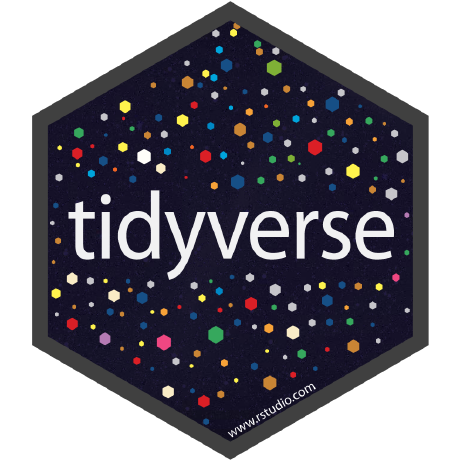Discover and explore top open-source AI tools and projects—updated daily.
awesome-llm-json by  imaurer
imaurer
Resource list for LLM-based JSON generation via function calling, tools, CFG
Top 20.3% on SourcePulse
This list curates resources for generating structured outputs, primarily JSON, from Large Language Models (LLMs) using techniques like function calling, tool usage, and guided generation. It targets developers and researchers seeking to integrate LLMs into applications requiring predictable, machine-readable data formats, offering a comprehensive overview of models, libraries, and best practices.
How It Works
The project categorizes resources based on LLM providers (hosted and local), Python libraries, and educational content (blogs, videos, notebooks). It covers various methods for achieving structured output, including explicit "function calling" where LLMs output JSON representing function calls, "JSON mode" for enforcing JSON output, and "guided generation" using context-free grammars (CFGs) for stricter output control. This approach provides a broad spectrum of options, from simple JSON enforcement to complex, multi-tool orchestration.
Quick Start & Requirements
This is a curated list, not a runnable project. Resources within the list may have their own installation and execution requirements. Links to specific models, libraries, and demos are provided for users to explore and implement.
Highlighted Details
- Broad Model Support: Features hosted models from Anthropic, AnyScale, Azure, Cohere, Fireworks.ai, Google, Groq, Mistral, OpenAI, Rysana, and Together AI, alongside local models like Mistral 7B Instruct, C4AI Command R+, Hermes 2 Pro, Gorilla OpenFunctions v2, NexusRaven-V2, and Functionary.
- Extensive Library Ecosystem: Highlights key Python libraries such as DSPy, FuzzTypes, guidance, Instructor, LangChain, LiteLLM, LlamaIndex, Marvin, Outlines, Pydantic, PydanticAI, SGLang, SynCode, Mirascope, Magnetic, Formatron, and Transformers-cfg, many of which leverage Pydantic for schema validation and structured output.
- Performance Benchmarks & Techniques: Discusses performance improvements through structured generation (e.g., "coalescence" for faster inference) and grammar-constrained decoding, citing a blog post claiming grammar-structured generation can be 50x faster than llama.cpp on C grammars.
- Evaluation Frameworks: Includes the Berkeley Function-Calling Leaderboard (BFCL) for evaluating LLM function-calling capabilities across various scenarios and languages.
Maintenance & Community
The list is maintained by imaurer. Specific community links (Discord/Slack) or active development forums are not explicitly detailed in the README, but many listed libraries have their own active communities.
Licensing & Compatibility
The list itself is not licensed. However, the included libraries and models have various licenses, predominantly permissive (MIT, Apache 2.0). Some models, like C4AI Command R+, are CC-BY-NC, which may restrict commercial use. Users must check individual licenses for compatibility.
Limitations & Caveats
This resource list is a collection of links and information; it does not provide a unified framework or tool. Users must evaluate and integrate individual components, and the rapid evolution of LLMs means some information or model capabilities may become outdated.
1 year ago
Inactive

 alantech
alantech knowsuchagency
knowsuchagency shroominic
shroominic dreadnode
dreadnode nexusflowai
nexusflowai buhe
buhe teilomillet
teilomillet langchain-ai
langchain-ai MeetKai
MeetKai tidyverse
tidyverse pepperoni21
pepperoni21 xorbitsai
xorbitsai